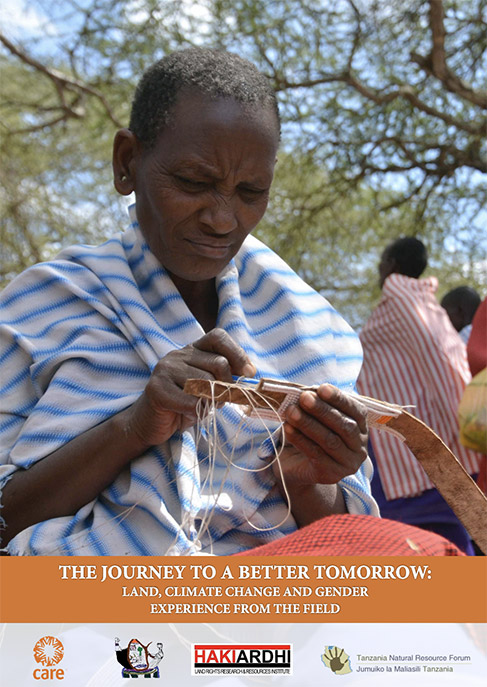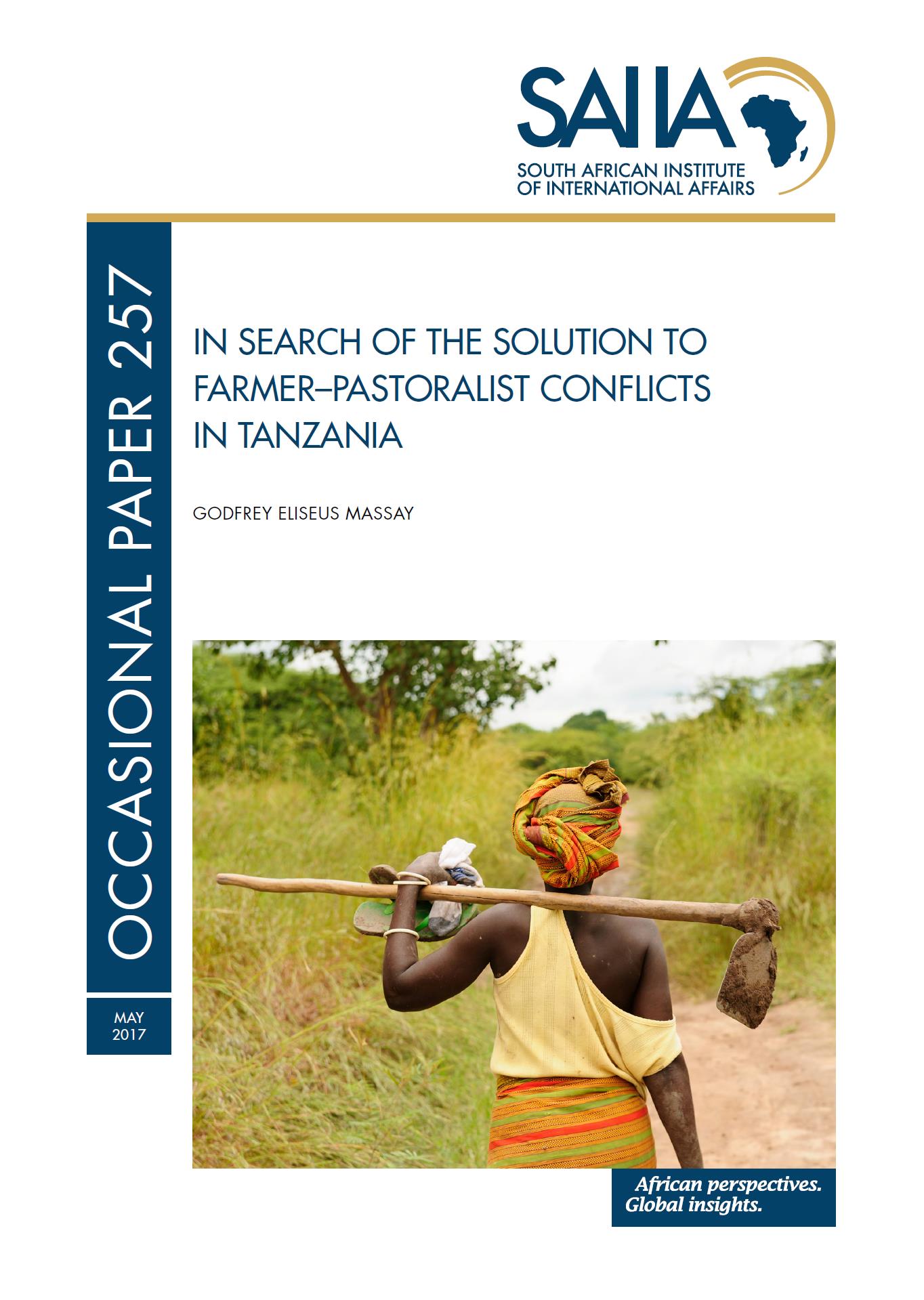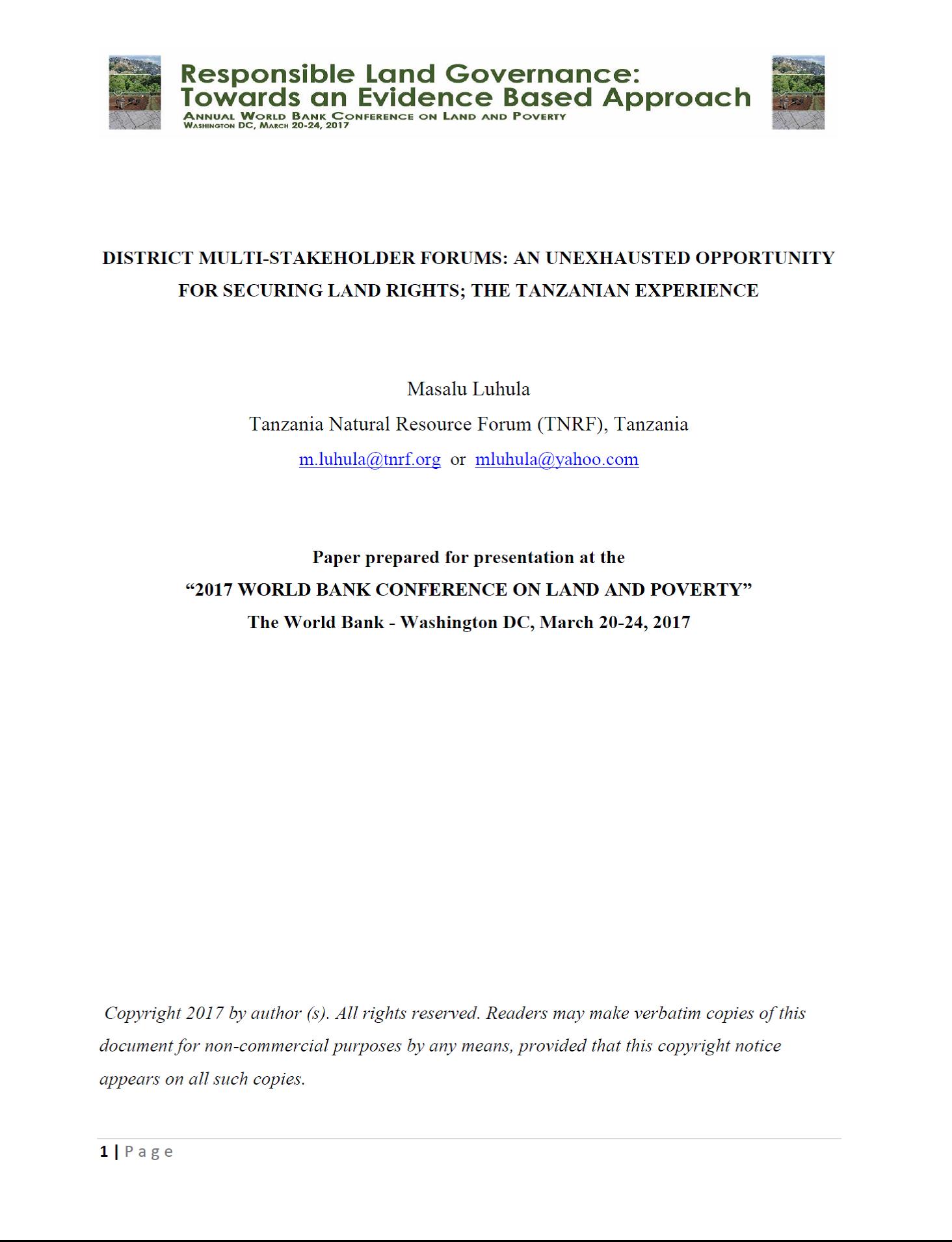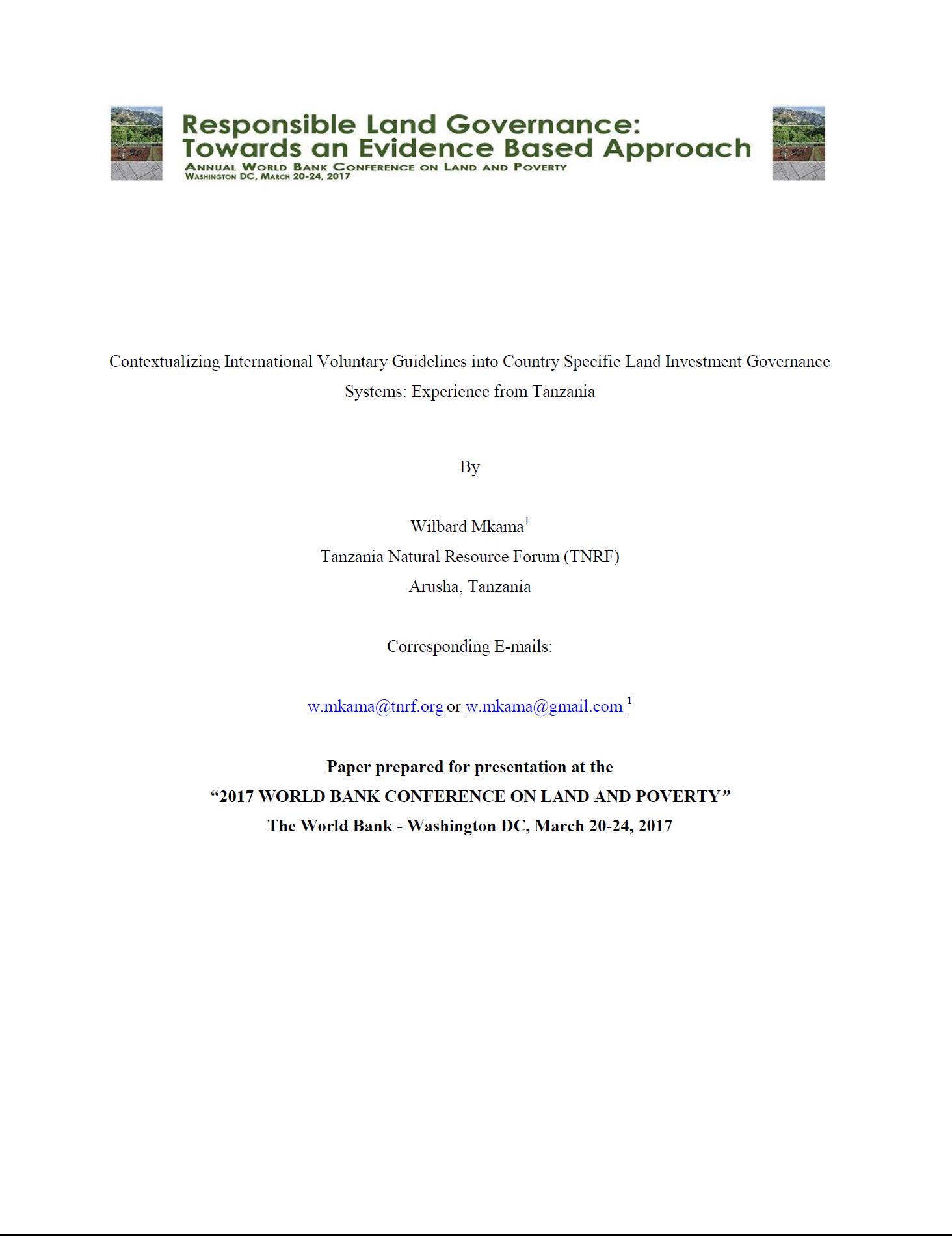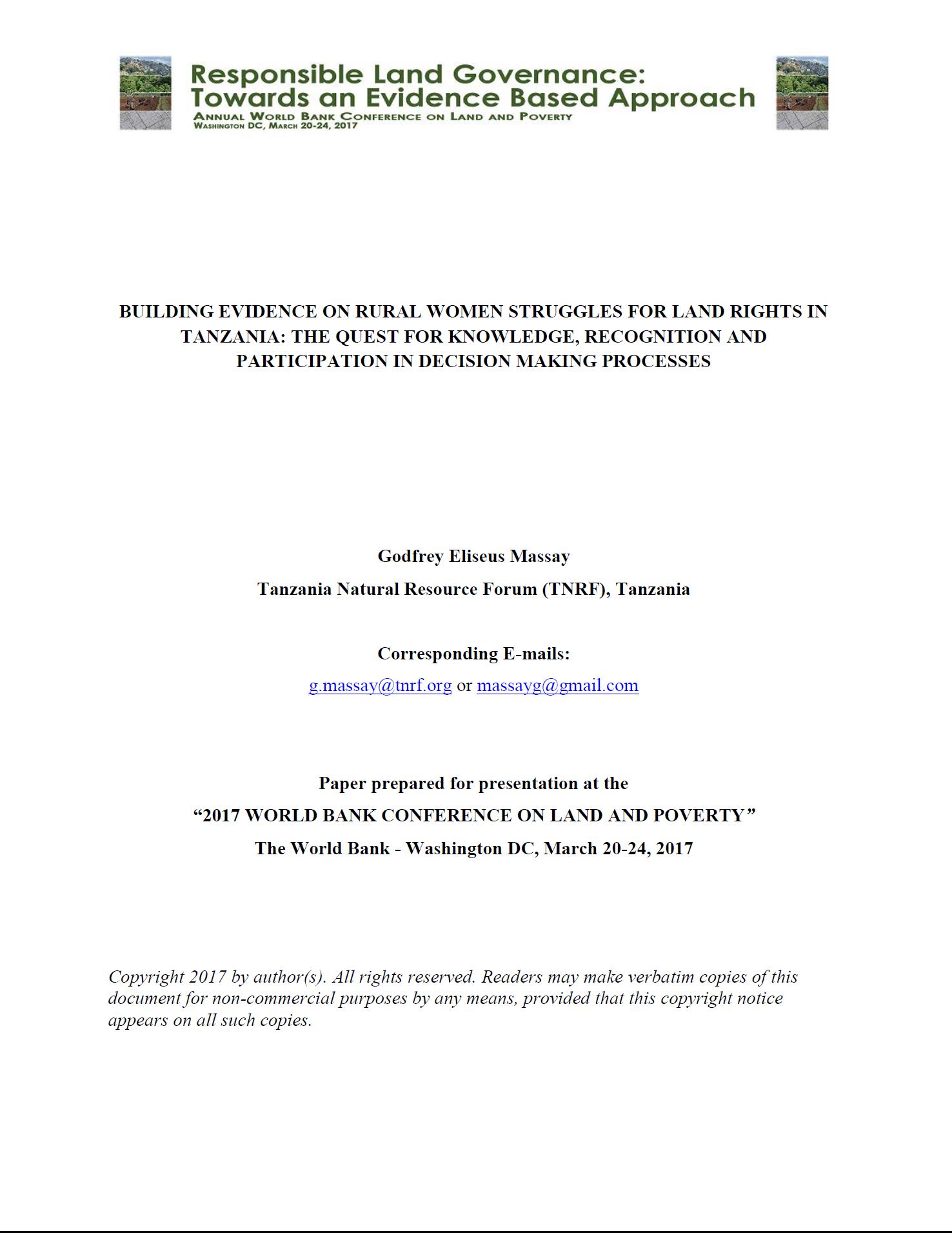Location
The Tanzania Natural Resource Forum seeks to improve governance and accountability in Tanzania’s natural resource sector to achieve more sustainable rural livelihoods and better conservation outcomes. As a member-driven NGO, TNRF works to improve policy and practice for the better, by helping to bridge the gap between:
- People’s local natural resource management needs and practices; and
- National natural resource management priorities, policies, laws and programs
TNRF supports its members by improving communication, sharing information, promoting collaboration and strengthening collective action. TNRF has a growing membership of more than 3,800 people and organizations, supporting professional staff, and a steering committee drawn from the membership.
Vision
To see policy and practice in the natural resource sector changed for the better– through improved governance and accountability.
Mission
To bring about improved natural resource governance in Tanzania by being a demand-driven network of members and partners that helps people to bridge the gap between people’s local natural resource management needs and practices, and national natural resource management priorities, policies, laws and programs.
Members:
Resources
Displaying 1 - 5 of 54The Journey to a Better Tomorrow: Land, Climate Change and Gender Experience From the Field
Ardhi Yetu Programme (AYP Plus) is a national land rights advocacy programme that consolidates on-the-ground interventions, while integrating resilience and adaptation. AYP plus utilizes and builds upon the CSO capacity, national forums and joint advocacy platforms developed during the first phase of AYP, to support the overall objective that; active communities and civil society advocate for an inclusive and transparent land sector, strengthening the land tenure security and resilience of small-scale farming and pastoral communities particularly women.
In Search of the Solution to Farmer–Pastoralist Conflicts in Tanzania
Land-use conflict is not a new phenomenon for pastoralists and farmers in Tanzania with murders, the killing of livestock and the loss of property as a consequence of this conflict featuring in the news for many years now. Various actors, including civil society organisations, have tried to address farmer–pastoralist conflict through mass education programmes, land-use planning, policy reforms and the development of community institutions. However, these efforts have not succeeded in the conflict.
District Multi-stakeholder Forums: An Unexhausted Opportunity for Securing Land Rights; the Tanzanian Experience
Administration of land in Tanzania is more decentralized from the president to the village level. The law gives power to village councils and village assemblies to administer village land. The District authorities are given advisory and supervisory mandates over villages and represent the commissioner who takes overall administrative powers. Despite decentralization, institutions responsible for land administration, land have continued to be cause of many conflicts for years. Conflicts have been escalating and lead loss of lives and property.
Contextualizing International Voluntary Guidelines into Country Specific Land Investment Governance Systems: Experience from Tanzania
This preliminary study involved consultation of responsible district government officials and relevant Civil Society Organizations (CSOs) on various issues related to land and investments. Among other areas, the Southern Agricultural Growth Corridor of Tanzania (SAGCOT) was selected as a study site and study used the Focus Group Discussions (FGDs) to obtain information. Questionnaire designed reflected land investment governance process thematic areas.
Building Evidence on Rural Women Struggles for Land Rights in Tanzania
Land is one of the terrains of struggle for most rural women in Africa because of its importance in sustaining rural livelihoods, and social-cultural and geopolitical factors that hinder women from enjoying land rights. Even when there are progressive land laws, as it is for Tanzania, women have not really enjoyed their rights. However, this has not stopped women to keep fighting for their land rights. They have sought their own approaches by leveraging opportunities within traditional, religious, and formal systems standing for their rights.


